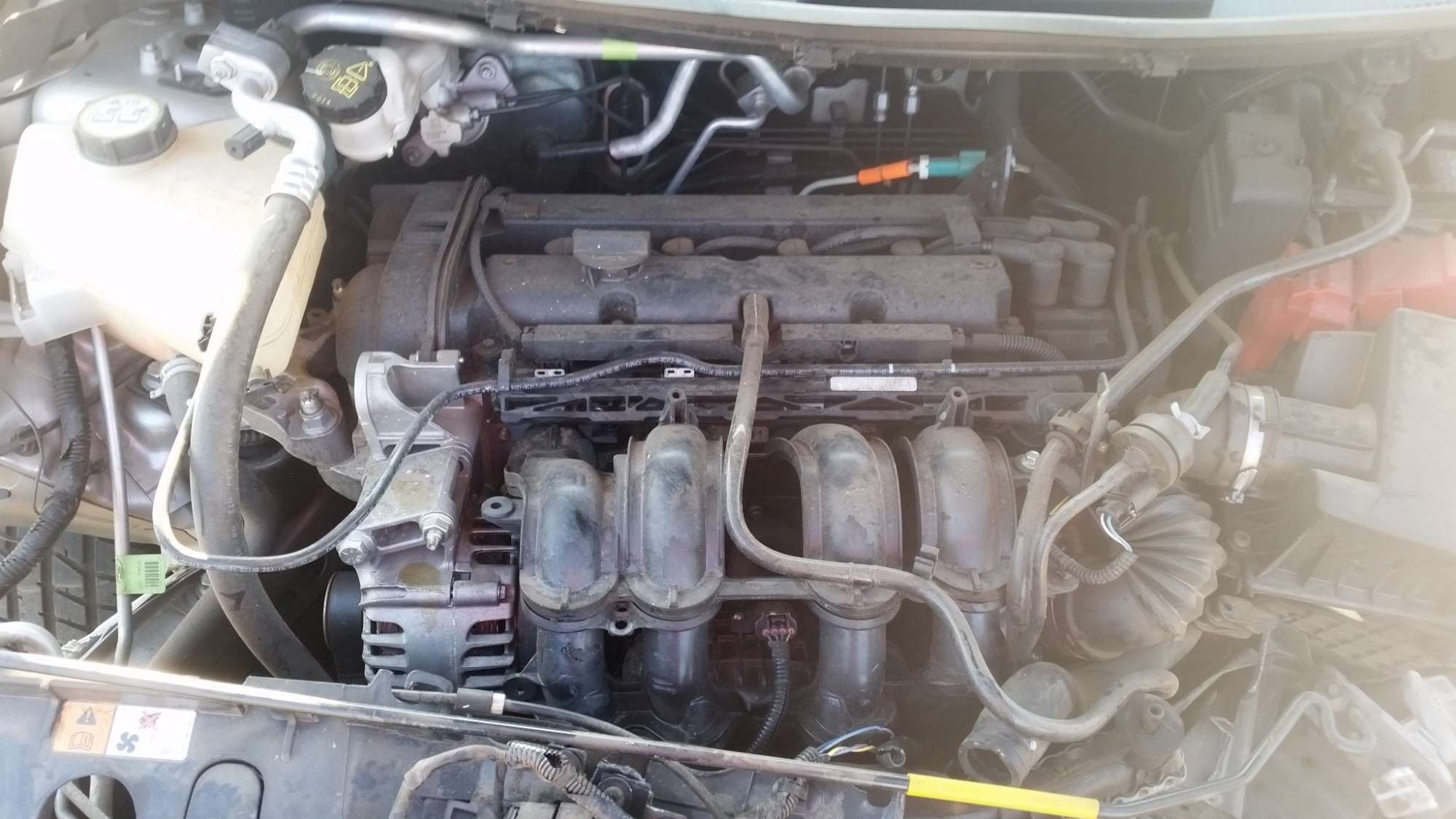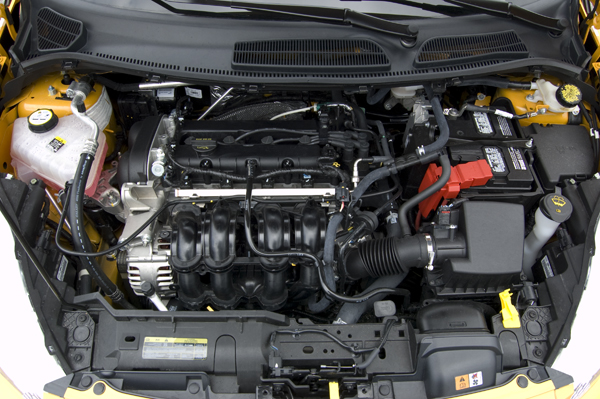Opening the Power of Engines: A Comprehensive Overview to Performance and Efficiency
Comprehending the elaborate mechanics of engines is vital for both efficiency lovers and daily vehicle drivers. The responses might redefine our strategy to engine efficiency and effectiveness in ways that are both enlightening and essential.
Recognizing Engine Fundamentals
What constitutes the essential mechanics of an engine? At its core, an engine is a device created to convert fuel right into mechanical energy with a series of controlled explosions or burning processes.
The crankshaft then changes this direct motion into rotational energy, which inevitably powers the automobile. The camshaft regulates the opening and closing of the shutoffs, regulating the consumption of air and fuel and the expulsion of exhaust gases. Furthermore, the engine depends on a meticulously calibrated fuel-air mixture, ignition system, and cooling system to make certain optimal performance and efficiency.
Comprehending engine essentials likewise entails acknowledging the value of engine cycles, such as the four-stroke cycle, which includes intake, exhaust, power, and compression strokes. Each stage is critical in making certain the engine functions efficiently and effectively. Proficiency of these essential mechanics prepares for exploring much more complex engine characteristics and performance metrics, vital for optimizing both power output and effectiveness.
Secret Efficiency Metrics
Secret efficiency metrics are vital for reviewing an engine's performance and power output, offering valuable insights for both manufacturers and customers. These metrics serve as criteria for engine efficiency, permitting informed choices in purchasing, production, and layout.
Among the main metrics is horse power, which evaluates the engine's ability to do job over time. Torque, determined in pound-feet, is another important metric that shows the engine's rotational pressure, straight impacting velocity and hauling capability. Gas effectiveness, typically measured in miles per gallon (MPG) or litres per 100 kilometers (L/100km), evaluates just how properly the engine converts gas into movement, influencing ecological factors to consider and functional expenses.
Furthermore, thermal efficiency actions how well an engine transforms gas energy right into useful job, exposing understandings into energy losses mainly via heat. Emission degrees, consisting of carbon dioxide and NOx, are also critical, showing the engine's ecological impact and conformity with governing standards.

Tuning Methods for Efficiency
Tuning methods play a considerable role in enhancing engine efficiency by maximizing efficiency metrics identified in earlier conversations (ford fiesta engine). Different approaches exist to tweak an engine, each adding to boosted fuel economy and reduced discharges
One efficient strategy is changing the air-fuel proportion, ensuring the engine runs within the optimum burning program. A leaner mix can improve gas performance, yet it must be balanced to avoid misfires or engine knock. Additionally, reprogramming the engine management system can alter criteria such as ignition timing, which even more enhances effectiveness while maintaining power result.
An additional essential strategy entails changing link the consumption and exhaust systems. Updating to high-performance air filters and exhaust headers can lower back stress, facilitating better airflow. This enables the engine to take a breath even more openly, bring about improved burning efficiency.
Furthermore, the execution of innovative tuning tools, like dyno testing, offers precise information that makes it possible for targeted changes. Frequently checking these efficiency metrics guarantees that tuning initiatives generate the desired efficiency end results. Jointly, these techniques not just boost engine performance but additionally add to long-term sustainability in engine procedures.
Maintenance for Optimum Efficiency
Regular engine upkeep is vital for achieving optimum performance and long life. A well-kept engine not only runs efficiently however likewise lessens the threat of pricey repair services and malfunctions. Key parts calling for routine attention include oil, filters, belts, and spark plugs.
Altering the engine oil at advised intervals is vital, as oil lubes moving components and avoids getting too hot. In a similar way, changing oil and air filters makes sure that pollutants do not harm engine function. Overlooking these parts can lead to reduced effectiveness and possible engine damages.
Additionally, checking and changing worn belts and pipes is essential to avoid unexpected failings. Timing belts, specifically, need to be replaced according to the producer's routine to prevent tragic engine damage.
Glow connects need to additionally be examined and changed as essential, because they play a crucial role in ignition and fuel efficiency.
Future Trends in Engine Innovation
Embracing developments in technology, the future of engine design is poised to revolutionize performance and effectiveness throughout different applications. One of the most significant trends is the shift check this site out towards electrification. Crossbreed and completely electric powertrains are becoming progressively traditional, providing decreased emissions and boosted gas performance. This change is not simply a need yet a pattern driven by governing stress and customer need for lasting remedies.
Moreover, advancements in products science are bring about lighter, stronger parts that enhance engine efficiency while minimizing energy usage. Advanced production methods, such as 3D printing, permit the creation of complex geometries that enhance airflow and thermal administration, hence optimizing combustion processes.
In addition, the integration of man-made knowledge and machine discovering is established to change engine diagnostics and performance adjusting. These innovations can assess huge quantities official site of data in genuine time, making it possible for anticipating maintenance and customized efficiency enhancements.
Conclusion
In verdict, opening the power of engines needs a complete understanding of their mechanics and efficiency metrics. Applying reliable tuning techniques and sticking to regular maintenance techniques substantially improve engine capabilities.
Furthermore, the engine depends on a carefully adjusted fuel-air mixture, ignition system, and cooling system to make certain optimal efficiency and performance.
Comprehending engine essentials also involves identifying the relevance of engine cycles, such as the four-stroke cycle, which consists of intake, compression, exhaust, and power strokes. Mastery of these essential mechanics lays the foundation for checking out a lot more intricate engine characteristics and performance metrics, necessary for optimizing both power output and effectiveness.

Welcoming advancements in technology, the future of engine style is positioned to change performance and efficiency throughout various applications.